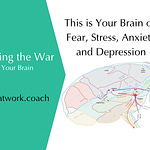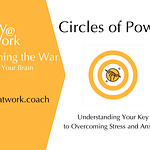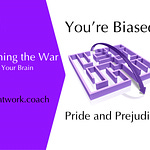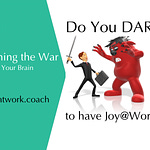I just returned from a long and exciting trip to Israel where I was reminded that even the very best of us face rejection and are criticised. Encourage It seems that it does not matter whether your intentions are to help and serve others. It doesn't matter if you are the kindest, gentlest, most loving and caring person the world has ever seen. You will face rejection. And you will probably face rejection by those you truly would think should be the tribe you can most trust, your own family, your own people. In fact, oftentimes, it's those closest to you whose rejection hurts the most. The chance of being rejected by someone used to be limited to our social and work circle and our dating pool. Nowadays, thanks largely to social media and technology, our posts, chats, profiles, pictures can all be easily ignored, disliked or flamed by a multitude of vague acquaintances. And rejection hurts deeply. Its wounds pierce our very soul and hit the core of our being. It has happened to you and it will happen again in the future, so how can we equip ourselves now to overcome rejection and soothe the sting of rejection? Develop it will greatly help to understand why rejection hurts and what is happening inside the brain. Before we dive into ways we can soothe our rejection, it will greatly help to understand why it hurts and what is happening inside the brain. When researchers placed volunteers in functional MRI machines asking them to recall a recent rejection, they found something astounding. When we experience rejection, the area that lights up on the fMRI is the same area activated when we experience physical pain. But social rejection is worse than stubbing your toe or even being punched in the face because physical pain diminishes over a short period of time. Research shows that even being rejected by a total stranger can simultaneously make you feel sad and angry. Indeed, your brain doesn't distinguish who or what is rejecting you, the same response applies. Whether it's someone in your own group or someone you don't relate to at all. Whether it's a human being or a computer rejecting you, being ostracised stings! Sadly, the greatest damage of rejection is self-inflicted. For most people, the natural response to being dumped by a dating partner or being the last person picked for a team is not to lick our wounds and get back on form but to become incredibly self-critical. We feel disgusted with ourselves, call ourselves names, lament how we are truly not worthy, and dwell on our shortcomings. This means that just at the moment when our self-esteem has taken a beating, we lay it on the ground and give it a good kicking ourselves. It's when that self-damaging refrain learned from a very young age that "I am not good enough" repeats it's toxic mantra. In the days of our long-ago ancestors, rejection served a vital function. Being ostracised from our tribe in our hunter/gatherer past was akin to a death sentence, as you would be unlikely to survive long alone. The same area (the anterior cingulate cortex) of the brain that is constantly on the watch for danger or change in the environment is the same place scanning for the social clues that might point towards a future rejection. It was so vitally important to continue to belong to a tribe that mimicking intense physical pain is a terrific way to get our attention. Those who paid attention early were more likely to correct their behaviour and remain in the tribe. It's all happening in the primitive part of our "critter" brain. As modern evolved human beings we did not, unfortunately, evolve a more reasoned response that would negate the need to gain our vivid attention. Rejection still has a way of destroying a person's life in a way that few other things can. And the number of people affected by rejection is staggering. Why do people face rejection or being ostracised by others? Few people who have rejected someone else can readily explain their reasoni
Joy@Work Podcast
Helping marketplace leaders #UnStuck their true potential to thrive in life and leadership to build a successful, sustainable business with collaborative, high performance teams and Joy@Work with practical, neuroscience-based AdvantEdge Guides and coaching.
Helping marketplace leaders #UnStuck their true potential to thrive in life and leadership to build a successful, sustainable business with collaborative, high performance teams and Joy@Work with practical, neuroscience-based AdvantEdge Guides and coaching.Listen on
Substack App
RSS Feed
Recent Episodes













Share this post